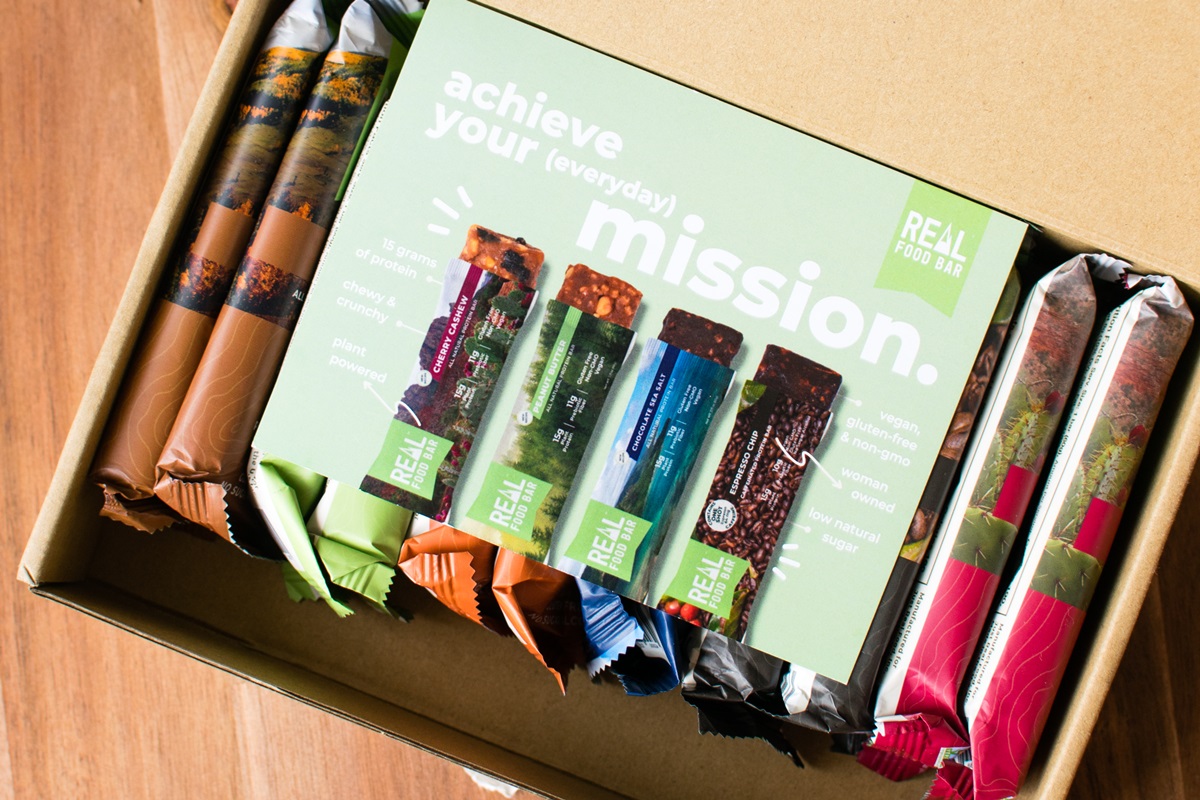Specialists proceed to consider that customers ought to be inspired to eat much less meat to scale back local weather emissions. The UK’s Local weather Change Committee, for instance, not too long ago advisable a 20% discount in meat consumption by 2030, rising to 35% by 2050.
Client urge for food for meat and dairy is rising, nonetheless, amid a consolidation of plant-based manufacturers.
A brand new examine has discovered labelling meat-free gadgets as ‘vegan’ or ‘vegetarian’ does extra hurt than good, with meat eaters ‘considerably much less probably’ to decide on these meals when they’re labelled as such. Eradicating these labels didn’t, nonetheless, lead vegans/vegetarians to unintentionally select choices with meat.
“Meals containing animal merchandise are sometimes offered because the default versus extra environmentally sustainable vegetarian or vegan choices,” defined Alex Berke, a researcher at Massachusetts Institute of Know-how Media Lab within the US. “We examined whether or not vegetarian and vegan labels on menu gadgets negatively influence the chance of shoppers selecting these things.”
The researchers carried out two experiments. Within the first, almost 160 school college students at an occasion may select both a hummus wrap made with solely vegan substances, or a Greek Salad containing dairy: feta cheese. For some members these dishes had been labelled as both vegan or non-vegan choices, for the remaining they had been unlabelled.
The outcomes revealed the primary possibility was most popular by members who noticed the unlabelled type. In distinction, members who noticed the labelled type most popular possibility two as a substitute.
In a second on-line examine, almost 700 members had been requested to hypothetically select from 5 menu choices. These had been vegetarian or meat; vegan or meat; vegan or vegetarian; or both fully vegan or vegetarian.
Equally, to the primary examine, for some members the choices had been explicitly labelled vegan and vegetarian, whereas others had been solely capable of see the substances listing. Once more, the outcomes revealed a unfavourable impact of labelling. When there have been no labels, about 10% extra folks opted for a vegetarian or vegan meal.
“General, our outcomes confirmed that vegetarian and vegan labels negatively influence shoppers’ chance to decide on the labelled choices,” Berke and her colleagues wrote within the examine printed within the journal Urge for food.
“Our research discover that vegetarian and vegan labels successfully deter shoppers from selecting these choices. Eradicating these labels might present an very simple and low-cost means for eating places and different establishments to scale back their environmental influence, with minimal adjustments to menus, and with out impacting shoppers’ freedom of selection.
“Our experiment suggests these labels ought to be faraway from menus to normalize and encourage vegetarian and vegan consuming, which is extra environmentally sustainable – total these labels do extra hurt than good.”
Plant-based label places punters off
Separate analysis reveals each ‘plant-based’ and ‘vegan’ labelling of meals are placing buyers off buying greener choices, together with vegans.
A ballot of over 2,000 UK adults by vegan cheese model Julienne Bruno confirmed two fifths (39%) of respondents need extra planet pleasant meals – however are postpone by labels. ‘Plant-based’ meals labelling has grow to be extra deterrent than the time period ‘vegan’ with two in 5 (37%) now disliking the time period in comparison with just below a 3rd (32%) for ‘vegan’. Even 37% of vegans dislike the time period ‘plant-based’.
Axel Katalan, Founding father of Julienne Bruno, which doesn’t label its dairy free cheeses as ‘plant-based’ or ‘vegan’ stated: “Being labelled as plant-based isn’t a novel promoting level. The analysis signifies buyers need their meals to be authentic, style good and provide high quality produce no matter whether or not it’s vegan and this may very well be key to getting extra buyers to eat extra sustainably. With vegans even being postpone ‘plant-based’ labelling, I feel it’s time for a shift in how we speak about and label meals.”
Reference: The unfavourable influence of vegetarian and vegan labels: Outcomes from randomized managed experiments with US shoppers
Urge for food
https://doi.org/10.1016/j.appet.2023.106767




